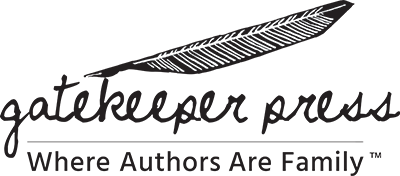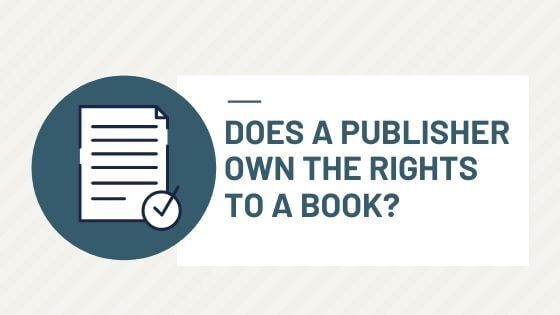Now that you have written your stellar manuscript it’s time to consider the different types of publication: the traditional publishing option or the self-publishing option.
Deciding which is the best choice for you will depend on a variety of considerations. One of them being who retains ownership of the book publishing rights. Learning about book ownership rights before deciding on the publishing route is just good business.
When referring to book rights it is important to know the long list of elements that this term encompasses. Book rights include print rights (paperback or hard copy), digital eBook rights, audiobook rights, movie rights, translation rights, foreign rights, television adaptation rights, large print edition rights, and book club rights. Whew!
Many newly minted authors who have managed to secure a book contract with a traditional publisher may unfortunately ignore the fine print. They may be so thrilled about landing a contract that they simply don’t pay attention to the details. It is only later that the unsuspecting author is surprised to learn that they have signed away all or most of the rights to the publisher.
How Do Book Rights Work With Self-Publishers?
When approaching the traditional publishing houses, whether large or boutique, it is important to realize that in nearly all instances the publisher will take ownership of your manuscript. While it is possible to negotiate terms that may apply a specific expiration date on their ownership rights, most aspiring authors simply do not have the clout to hammer out such a deal.
When taking the self-publishing route, book ownership rights are an entirely different matter. An independent author is the publisher of their book. Through the self-publishing channel, the author retains all print and digital rights to their manuscript. This is just one more example of the advantages gained through self-publishing.
Can I Sell My Book Rights?
Imagine the shock when, after signing a contract with a traditional book publisher, you learn that a production company is interested in your manuscript—and the publisher owns all or most of the book’s film rights.
This situation is avoided entirely when you opt for self-publishing instead of the traditional publishing option. As the publisher of your own book, you will retain 100% of the property rights to any and all uses of the manuscript.
This is fantastic news for an author who has plans, for example, to record an audiobook version of their book. Through a traditional publisher, this additional platform will not create an extra income stream for the author.
This same outcome applies to all other distribution channels for the book. A traditional publisher will often own the rights for film and television rights, translation rights for international sales, and English-version rights to books sold in foreign markets. An author who self-publishes their book, on the other hand, will be free to sell the book rights and benefit directly from any of these channels.
What Happens When You Sell the Book in Other Countries?
Again, the distinction between a traditional publishing house and self-publishing are dramatic. When signing a book contract, buried in the fine print may be a clause that provides the publisher with the rights to any and all international distribution rights.
Indie authors who sell their books through a self-publishing enterprise or a distribution platform like Amazon will retain their book ownership rights regardless of the country it is sold in. When setting up an Amazon account, selecting the global distribution option allows the book to be sold to a worldwide marketplace. Each country’s royalty scale will be slightly different based on the currency system, but those royalties will flow into your bank account on a monthly basis.
When an independent author decides to have the book translated into other languages, this expense will be born by the author.
What About Film Rights?
When considering who benefits from a book-to-movie adaptation deal it is abundantly clear that the self-published author again comes out on top.
This is because, when signing a book contract with a publishing house, an author is usually forgoing any or most of the proceeds from the future sale to a production company.
If the author happens to have a literary agent negotiating the book contract for them, they may end up with a 50/50 deal, but will bear the expense of paying the agent 15% of the royalties as well.
Learn More About the Legal Side of Self-Publishing
Wondering whether a publisher owns the rights to a book only represents part of the legal landscape around book publishing. To ensure you have your legal ducks in a row, the pros at Gatekeeper Press suggest you contact a literary attorney. The Gatekeeper Press team also provides a wide range of editing, illustration, and book cover design services. Call Gatekeeper Press today for your self-publishing needs and retain 100% of your book publishing rights.

